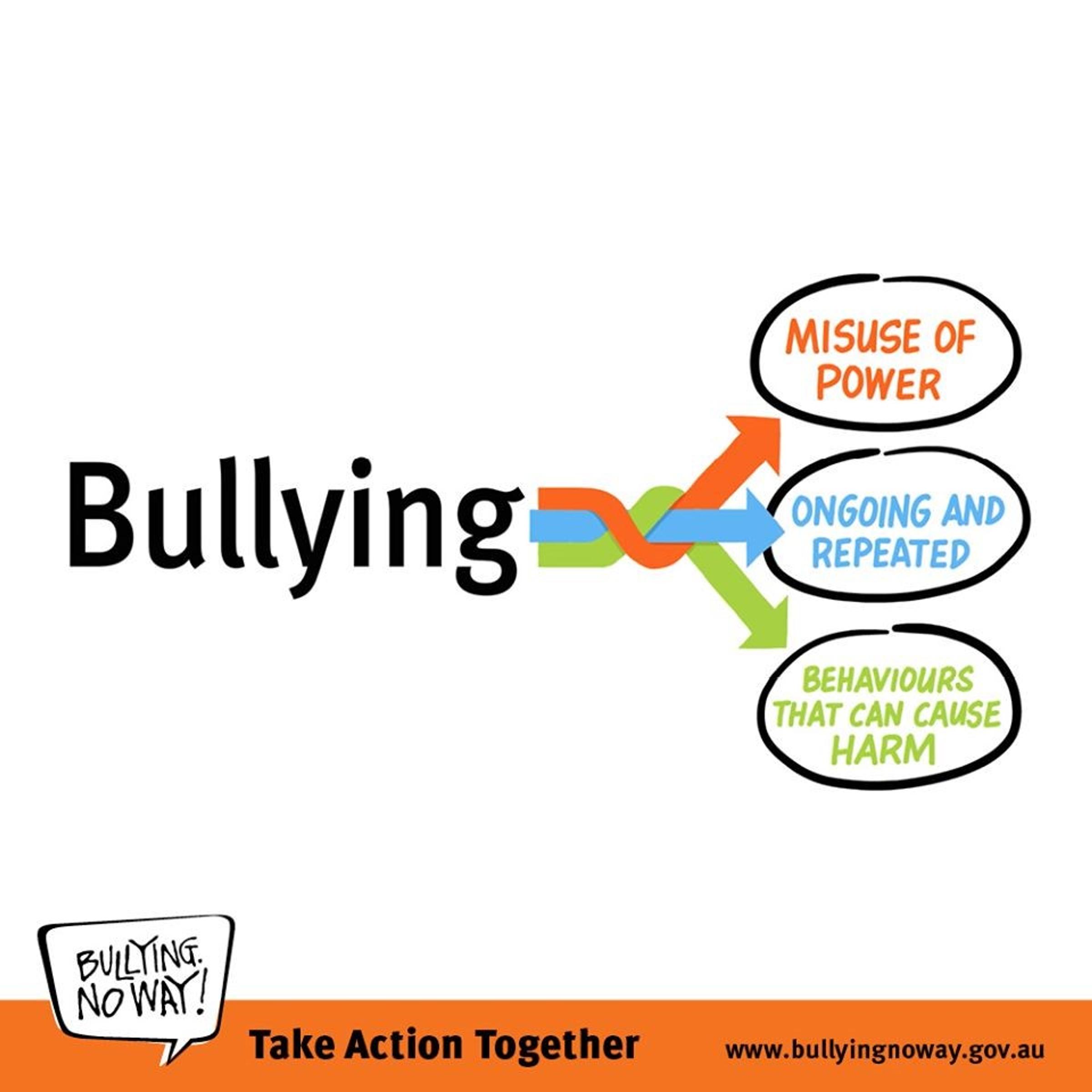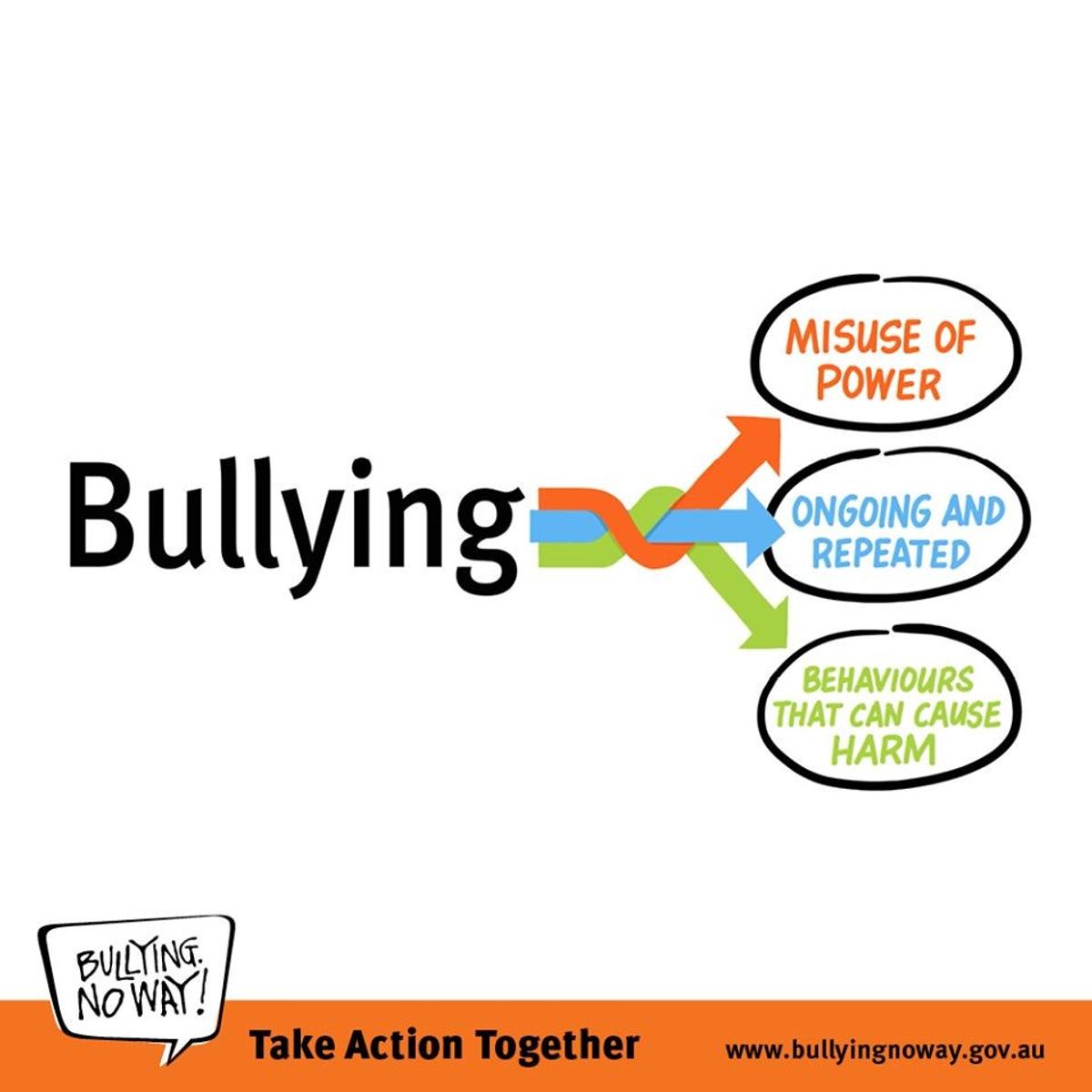Pastoral Care

National Day Against Bullying & Violence – Friday 20 March
St Norbert College is proud to be involved in the 10th anniversary against bullying and violence in society. As a community we will take the opportunity to 'take a stand together' and imagine a world without bullying and violence, as well as enabling students voices to share the powerful message that bullying and violence is never ok.
A series of activities have been planned for the day to empower students to discuss with their peers what being safe looks, feels, and sounds like. It’s often difficult to distinguish what is bullying and what bullying is not. The focus is to give students a voice to be heard, empower the discussions and encourage their ideas on a difficult topic.
Bullying is a complex multifaceted issue, different in each school and year level. During Homeroom students will work together to develop strategies to respond to bullying in a range of settings and we encourage parents to start conversations with their children, particularly around online safety, to develop an understanding of respectful relationships and gain a vocabulary of ‘respectful chat’.
Parents as first educators are an important part of preventing bullying and to respond effectively if it happens. Stopping bullying involves everyone.
All students will receive a pocket card from Bullying. No Way! with tips for them on what to do if they or someone they know is being bullyied. Parents know their children best and know the best way to tailor communication to their needs. We encourage you to spend time this week talking with your child about the approaches below, and adapt these tips to what works for you and your child.
If your child talks to you about bullying:
- Listen calmly and get the full story. Your calm response is important to allow your child to tell you all about the situation. After they’ve told you their story, ask questions to get more details if you need: who, what, where, when. Although you may feel some strong emotions about your child’s experience, try to keep calm to avoid more distress to your child.
- Reassure your child they are not to blame. Many children blame themselves and this may make them feel even worse. You could say things like, ‘That sounds really hard to deal with. No one should have to put up with that.’ or ‘I’m so glad you told me. You should be able to feel safe at school; that’s not fair at all’.
- Ask your child what they want to do and what they want you to do. A critical part of your response is to avoid jumping in to solve the problem. While it is natural to want to protect your child, helping them to find their own solution is a better option. It helps them feel they have some power in the situation.
- Visit www.bullyingnoway.gov.au to find some strategies. The website has tips and ideas for different bullying situations. One idea is to practise strategies at home to help your child feel more confident.
- Contact the school. Your child may be reluctant for you to do this, so discuss the idea and reassure them that the school would want to know and is able to help. Make an appointment to meet with your child’s teacher and, if you need to, ask to talk with the principal. Contact the school immediately if you have a concern about your child’s safety.
- Check in regularly with your child. Keep the conversation going. It can take time to resolve issues, so check in regularly with your child about their experiences and their feelings. Your ongoing support is important.
For further information please visit www.bullyingnoway.gov.au. Remember speaking out is the first step to stopping unruly behaviour, getting help and ensuring that all people are safe.
The Pastoral Care Team

